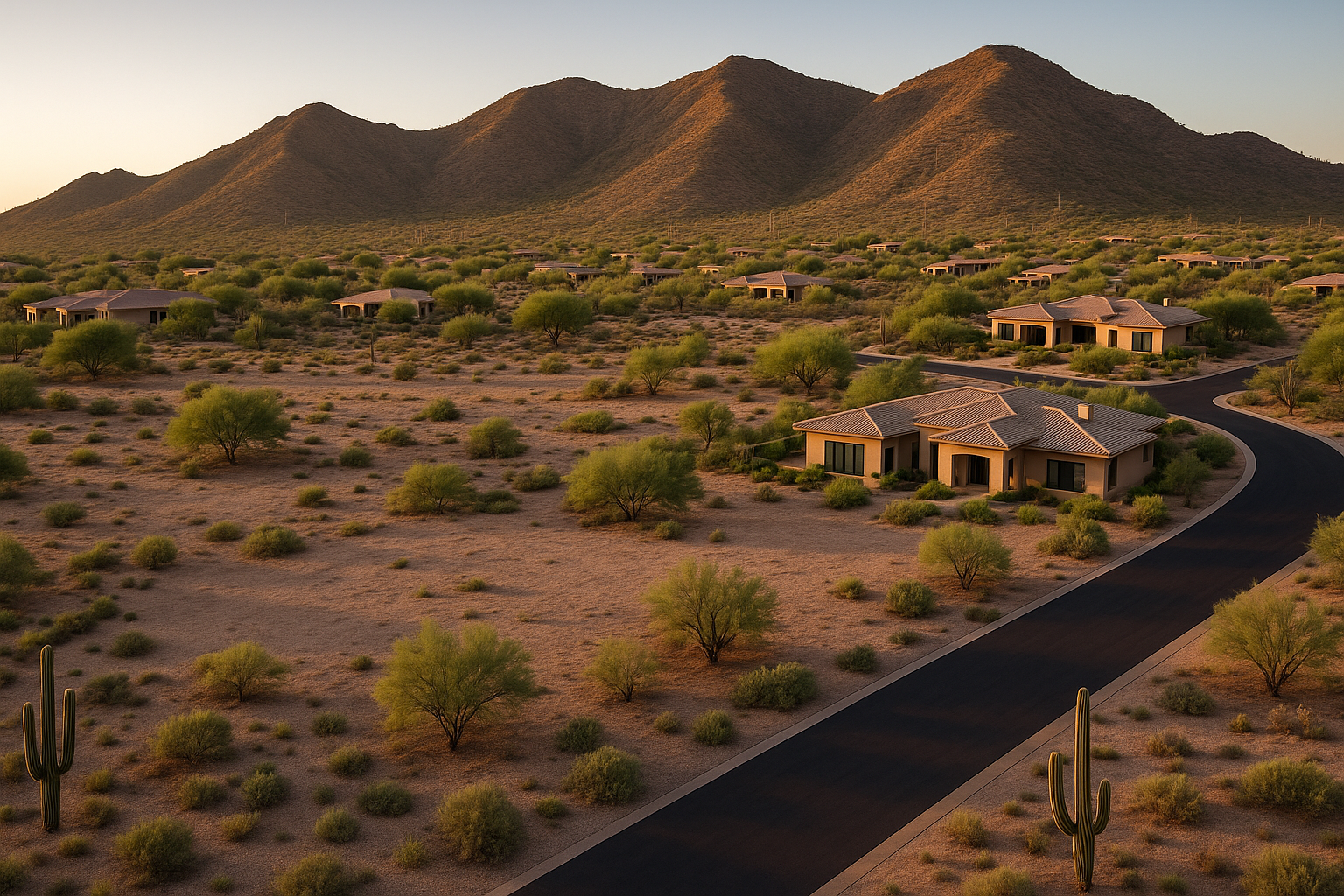
Land due diligence is the research you have to do before buying, selling, or building on land. No guessing. No “I hope this works.” Just clarity.
It’s how you find out what the land can actually be used for—and what might trip you up later.
Because the truth is: land doesn’t come with instructions.
There’s no tag on the parcel that says, “Build here, no problem,” or “Oh by the way, this sits in a flood zone and has no legal access.”
That’s where due diligence comes in.
If you’re new to land or picked up a parcel at auction, you might be asking:
“Do I need to do all this if it was super cheap?”
Yep. Especially then.
Some of the cheapest parcels out there are cheap because they have issues—like no road access, zoning that restricts usage, or back taxes that’ll haunt your wallet later.
Land due diligence is how you:
Avoid buying a “paperweight parcel” (pretty but useless)
Understand what you can legally build or use it for
Protect yourself from lawsuits, code violations, and resale headaches
Make better decisions and save money down the line
It’s not about doing one big thing—it’s about layering small but critical checks.
Here’s what you’re typically looking at:
What can you legally do with this land? Can you build a home, put a tiny house, farm, or park an RV?
➡️ Zoning is your rulebook.
Can you get to the property legally—not just physically? Is there a public road or easement?
Do you have access to power, water, and septic—or will you need off-grid solutions?
Is the title clean? Are there co-owners?
Did it go through probate, tax sale, or is there a quiet title action pending?
Does the land come with unpaid property taxes or government liens?
Always check the Treasurer and Recorder’s office.
Is the land buildable?
Check FEMA flood zones, wetlands, slope, and whether it’s a protected habitat (Arizona has sensitive areas too).
Sometimes the county says “go ahead,” but the HOA says “nope.”
Deed restrictions and local overlays matter a lot.
Even if you’re not building—this still matters.
You need to know what kind of end buyer this land will attract. If the land isn’t buildable or usable for anything meaningful, resale gets hard… fast.
So yeah, even flippers need clarity.
You already know we’ve got our own quirks.
Maricopa, Pinal, and Yavapai all use different zoning codes and GIS platforms.
Water rights? Huge. If you’re in an AMA (Active Management Area), that’s a whole extra layer to check.
You risk:
Buying land you can’t use
Getting stuck with legal problems
Spending money fixing someone else’s mess
Selling later and hearing: “Why didn’t you tell me this?”
I’ve helped landowners who said, “I didn’t even know this was an issue until I tried to sell.”
Due diligence is your defense—and your map.
Land due diligence is how you stop guessing and start making real decisions.
It’s how you avoid land regret.
If this feels overwhelming or you’re staring at a piece of land going “uhh… what now?” — that’s exactly why I do what I do.
Check out the Land Clarity Blueprint if you want someone to walk through it with you.
You don’t need to be a land expert. You just need someone in your corner.